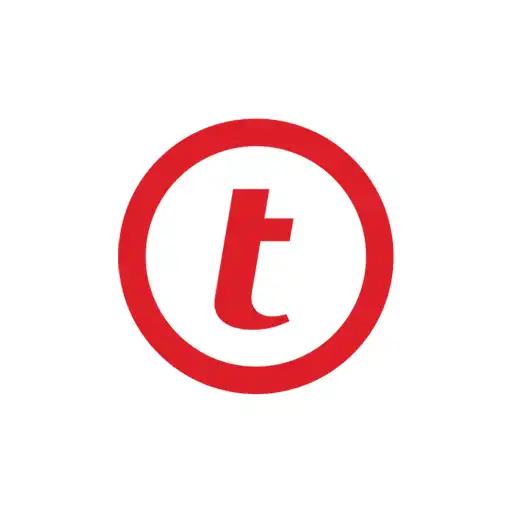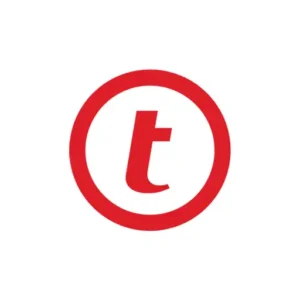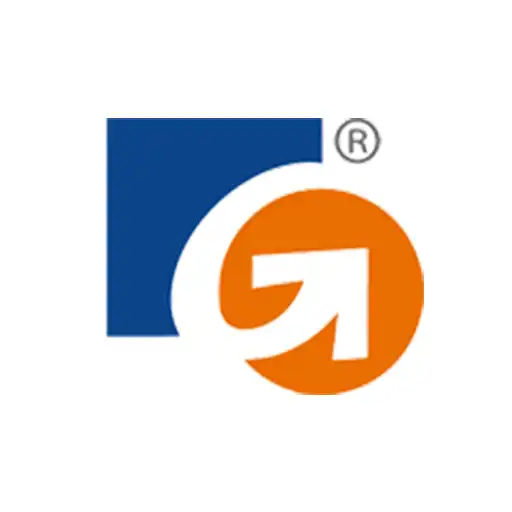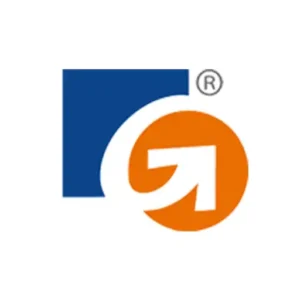Protecting Your Website and Building Trust with Customers
Increase your sales, protect visitors’ personal information, and encourage confidence in your business with an SSL certificate





- Illevante Cloud
- Security & SSL
Make Your Customers Feel Safe With SSL
SSL certificates is very important because it’s will provide your customers with a secure and encrypted connection between a web server and a web browser
Confidentiality
SSL ensures that all sensitive information such as login credentials and credit card numbers, cannot be intercepted by malicious parties.
Authentication
SSL verifies the identity of the web server, ensuring that users are communicating with the intended website and not an impostor.
Trust
When users see the padlock icon in their browser’s address bar or the “https” prefix in the URL, they know that their data is being protected.
Which SSL certificate should I choose?
- Requires only proof of domain ownership via email or file-based confirmation.
- Does not confirm the authenticity or legitimacy of the organization behind the website.
- Provides an initial level of trust and security for users.
- Issued for individuals and legal entities.
For whom?
- A personal page on the Internet
- Blog or portfolio
- News site
- Provides a high level of verification and trust.
- It requires proof of domain ownership, legal documents and the physical location of the organization behind the website. This additional level of verification gives users greater confidence in the authenticity and legitimacy of the website and the organization behind it.
For whom?
- Online stores
- The websites providing addition of personal data or credit cards
- Corporate sites
- Provides the highest level of verification and trust.
- In addition to the requirements for DV and OV certificates, it requires the certificate authority to follow a rigorous verification process that includes verifying the legal entity and physical location of the organization, as well as the credentials of the person requesting the certificate.
For whom?
- Corporate portals
- Banks and financial organizations
- Marketplaces and large online stores
Popular SSL
Secure your online presence with trusted SSL certificates from our popular and trusted providers
Activating the browser lock and HTTPS in the browser bar



Encryption of all transmitted data



Available for legal entities



Can be reissued within the validity period



Clickable seal of the secure site displaying organization information


1.25 million dollar insurance guarantee and a refund within 7 days of the issue date


Verification of a domain existence (DV)

Available for individuals

Organization existence verification (OV)

Organization existence verification (EV)

Issued only after confirming the company’s physical address and the authority of the organization’s representative

Provides the highest level of encryption of any data transmitted online

-
Hint
If you specify the full domain name including the www when ordering an SSL certificate, it will protect both the primary domain and the address with the www.
Features
- [DV] Domain validation.
- Can be issued on IP-adresses.
- Can be issued quickly.
- Suitable for private use.


Features
- [DV] Can be issued quickly. Suitable for private use;
- [WC] Secures primary domain name and all of its subdomains.


Features
- [DV] Can be issued quickly. Suitable for private use;
- [MD] Secures 3 different domains. You may buy up to 97 more.
- WWW and non-WWW domains are counted as 2.


Features
- [DV] Domain validation;
- Can be issued quickly;
- Suitable for private use.


Features
- [DV] Domain verification. Can be issued quickly;
- Suitable for private use;
- [WC]Secures primary domain name and all of its subdomains.


Features
- [OV] Higher trust. Requires company verification.
- Trust seal includes company name.


Features
- [OV] Higher trust. Requires company verification;
- Trust seal includes company name;
- Secures primary domain name and all of its subdomains.


Features
- [EV] Your company name in the certificate information;
- The highest level of verification and trust.
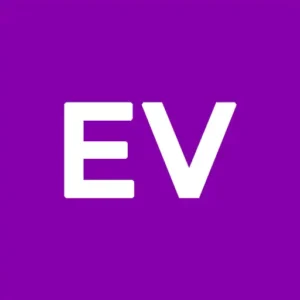

Features
- [DV] Domain validation.
- Can be issued quickly.
- Suitable for private use.


Features
- [OV] Higher trust. Requires company verification;
- [WC] Secures primary domain name and all of its subdomains.


Features
- [OV] Higher trust. Requires company verification;
- [SAN] It’s possible to protect sub-domains (50% additional cost per each)
- Trust seal includes company name.


Features
- [EV] Your company name in the certificate information;
- [SAN] It’s possible to protect sub-domains (50% additional cost per each)
- The highest level of verification and trust.


Features
- [DV] Domain validation.
- [SAN] It’s possible to protect sub-domains (50% additional cost per each)
- Can be issued quickly;
- Suitable for private use.

Features
- [OV] Higher trust. Requires company verification;
- [SAN] It’s possible to protect sub-domains (50% additional cost per each)
- Trust seal includes company name.

Features
- [OV] Higher trust. Requires company verification;
- [WC] Secures primary domain name and all of its subdomains.


Features
- [EV] Your company name in the certificate information;
- [SAN] It’s possible to protect sub-domains (50% additional cost per each)
- The highest level of verification and trust.


Features
- [OV] Higher trust. Requires company verification;
- [SAN] It’s possible to protect sub-domains (50% additional cost per each)
- Trust seal includes company name.


Features
- [EV] Your company name in the certificate information;
- The highest level of verification and trust.


We Work With The Best
Our paid SSL certificates are provided and verified by the leaders in the industry
Frequently Asked Questions
Enables data transmission via HTTPS
HTTPS is a secure data transfer protocol that encrypts information exchanged between a website and a user’s computer. It prevents intruders from intercepting and stealing users’ personal information, such as login credentials or credit card information. An SSL certificate is required for HTTPS to work properly.
Demonstrates safety with the padlock sign
The padlock icon that appears next to the URL in your browser is the security status of the website. It indicates that the site uses an SSL certificate. Clicking the padlock icon provides additional information about the site’s security, such as the domain for which this SSL certificate was issued and the expiration date of the certificate. In some cases, the address and name of the organization will be visible.
Gets approval from the browser
Sites without an SSL certificate are less likely to be ranked by search engines and will appear lower in search results. When you visit a site without SSL, modern browsers display a warning that the resource is unprotected. This can deter users and damage the resource’s reputation and traffic.
You can use free SSL/TLS certificates, such as Let’s Encrypt. But there are several reasons why it’s better to buy an SSL/TLS certificate from a trustworthy certificate authority:
- A paid certificate is issued for one year; a free Let’s Encrypt certificate must be renewed every three months. This requires additional resources. Setting up auto-renewal does not guarantee uninterrupted issuance.
- Even minor problems on the server that happen during reissuance can lead to loss of certification, resulting in reduced traffic, increased user distrust, business downtime, and insecurity of transmitted data. During this time, browsers may downgrade the resource in the rankings and will restrict login to the site with a warning about its insecurity.
- Paid certificates work with new and old browsers, regardless of the update date. Free certificates often have conflicts with browsers of outdated versions.
- Free certificates come only at the entry level of validation – DV. They do not contain any information about the organization, which negatively affects the trust and security of users.
- Upon the occurrence of an insured event, the owner of a paid SSL certificate has the opportunity to file for damages and insurance payment.
- Paid certificates have more flexible configurations with the ability to combine multiple options, such as issuance per IP address + Wildcard SAN + SAN.
- Support from a CA is better for paid certificates. If you encounter problems or have questions about the certificate, you can get help from the support team quickly and easily.
- Paid certificates are issued by well-known, reputable certificate authorities, adding credibility to your site from both users and browsers.
Traditionally, an SSL certificate was issued for a single domain name, and if a website owner wanted to protect multiple domain names, they had to obtain a separate certificate for each domain. However, with the advent of the SAN, a single certificate can protect multiple domain names, reducing the cost and resources of the administrative burden of managing multiple certificates.
A Wildcard certificate is issued for a domain name with an asterisk (*) instead of a subdomain. For example, *.example.com. It is useful for web sites with a large number of subdomains or in situations where new subdomains of the same level are frequently added. Wildcard allows you to protect all subdomains with a single certificate.



